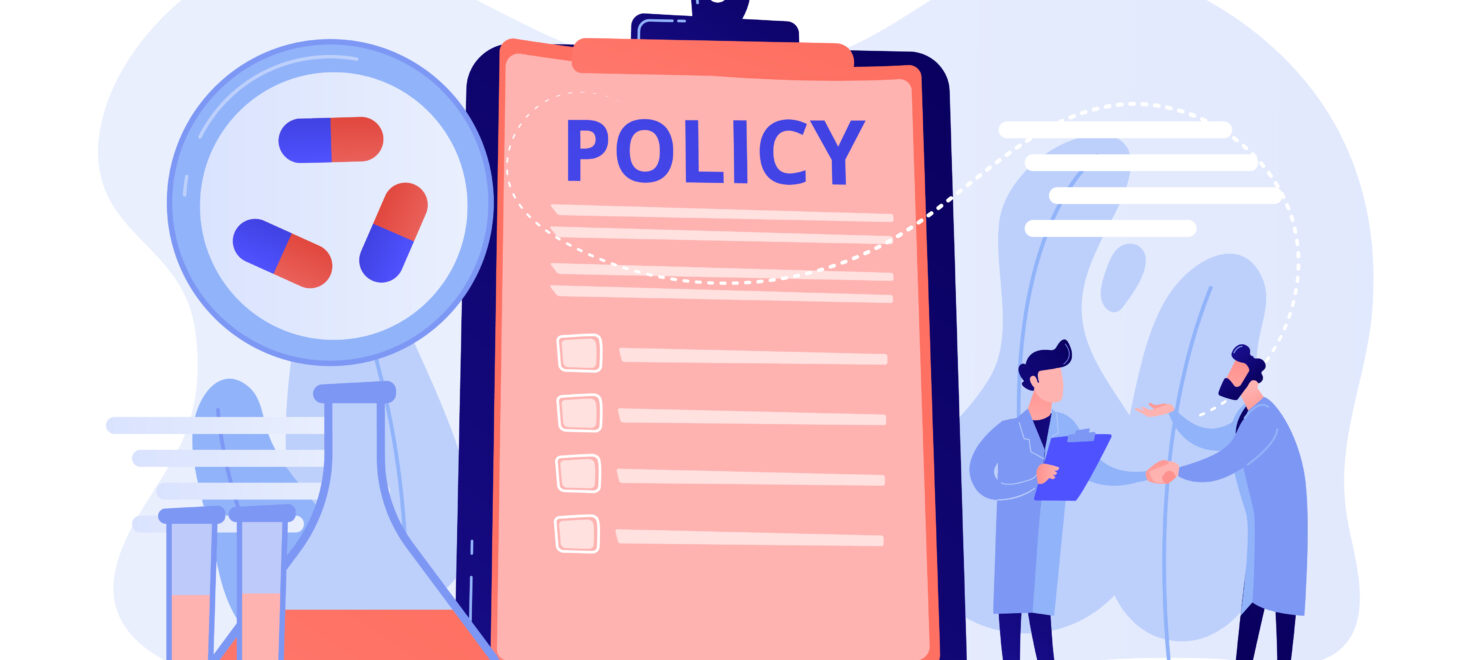Introduction
Starting a pharmaceutical venture is an exciting but complex journey, especially for startups. This guide is tailored specifically to provide essential insights and consulting advice for those looking to launch their own pharmaceutical enterprise. From ideation to regulatory compliance, we’ve got you covered.
Inception to Implementation: Crafting
Vision
Before delving into the intricacies of compliance, it’s crucial to establish a clear and comprehensive vision for the pharmaceutical venture. This involves defining its mission, identifying target markets, and outlining a unique value proposition.
Additionally, aligning your vision with existing industry demands and compliance standards is paramount. Conducting thorough market research and feasibility studies will not only validate your concept but also ensure that it aligns with regulatory requirements from the outset.
Regulatory Roadmap for Startups
Navigating the regulatory landscape is a pivotal step for any pharmaceutical startup. It’s imperative to understand the various checkpoints and milestones that must be achieved to ensure compliance and product safety.
This includes securing necessary approvals, licenses, and certifications. Engaging early with regulatory agencies and seeking guidance from experts in the field can help streamline this process. A well-defined regulatory roadmap will serve as a blueprint for your startup’s journey toward compliance.
Resource Allocation and Budgeting
Strategic resource allocation is a critical aspect of compliance. Startups often operate with limited resources, making it imperative to optimize budgetary allocations without compromising on quality or regulatory adherence.
Prioritize investments in areas directly related to compliance, such as research and development, quality control, and regulatory affairs. Implementing cost-effective strategies, leveraging technology, and exploring partnerships can also help maximize the impact of available resources.
Strategic Partnerships: The Power of Collaboration
Collaboration with industry partners is a powerful tool for startups navigating the pharmaceutical landscape. Building relationships with suppliers, contract manufacturers, and regulatory consultants can provide invaluable support in achieving compliance.
Establishing strategic partnerships can lead to access to specialized expertise, streamlined supply chains, and shared knowledge on regulatory best practices. Additionally, these collaborations can enhance your startup’s credibility and demonstrate a commitment to quality and compliance.
Protocols and Standard Operating Procedures (SOPs)
Developing robust protocols and Standard Operating Procedures (SOPs) is a cornerstone of regulatory compliance. These documents provide clear and standardized instructions for all aspects of your pharmaceutical operations.
Ensure that SOPs are meticulously crafted, covering everything from research and development to manufacturing, testing, and distribution. Regular training and adherence to these protocols are essential to maintaining compliance and product quality.
Scaling Responsibly: Compliance in Growth
As your pharmaceutical startup grows, maintaining compliance becomes even more critical. Scaling operations without compromising on regulatory adherence requires careful planning and execution.
Consider implementing scalable technologies and processes from the outset. Conduct regular compliance audits and assessments to identify potential gaps and ensure that your growing operations continue to meet regulatory standards.
Staying Agile: Adapting to Regulatory Changes
The pharmaceutical industry is characterized by its dynamic regulatory environment. Regulatory guidelines are subject to change based on emerging scientific knowledge, technological advancements, and shifting public health priorities.
For startups, staying agile and responsive to these changes is paramount. Establish processes for monitoring regulatory updates and have mechanisms in place for swift adaptation. Engage with regulatory experts and industry associations to stay informed and proactively address evolving compliance requirements.
Future-Proofing Solutions
Anticipating future regulatory trends and potential challenges is a strategic approach to long-term success. Conduct thorough market research and horizon scanning to identify emerging technologies, therapeutic areas, and regulatory shifts.
Investing in research and development aligned with future trends can position your startup as an innovator in compliance. Additionally, fostering a culture of continuous improvement and adaptability will equip your venture to thrive in a rapidly evolving regulatory landscape.
Parting Thoughts
Launching a pharmaceutical venture is a significant feat, and navigating the regulatory landscape is pivotal.
With the right knowledge, strategies, and a proactive mindset, startups can not only meet compliance standards but also flourish in the competitive pharma industry.
Following this guide and leveraging the expertise of regulatory consultants, your startup can surely navigate the path from concept to compliance with unmatched credibility and success.






